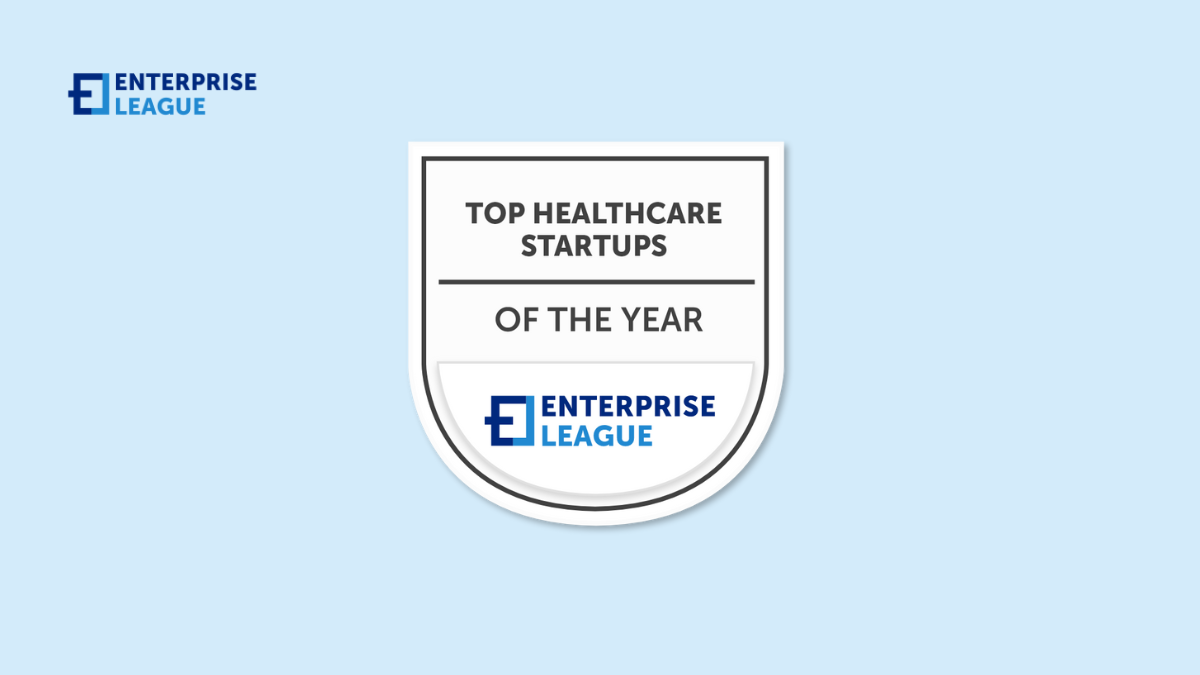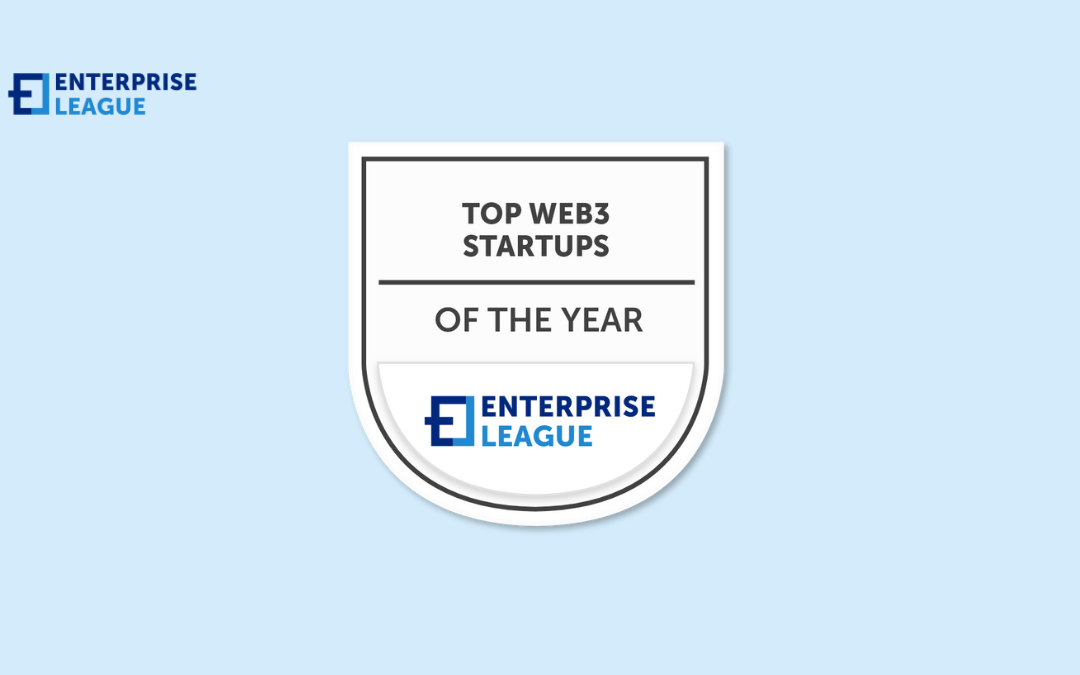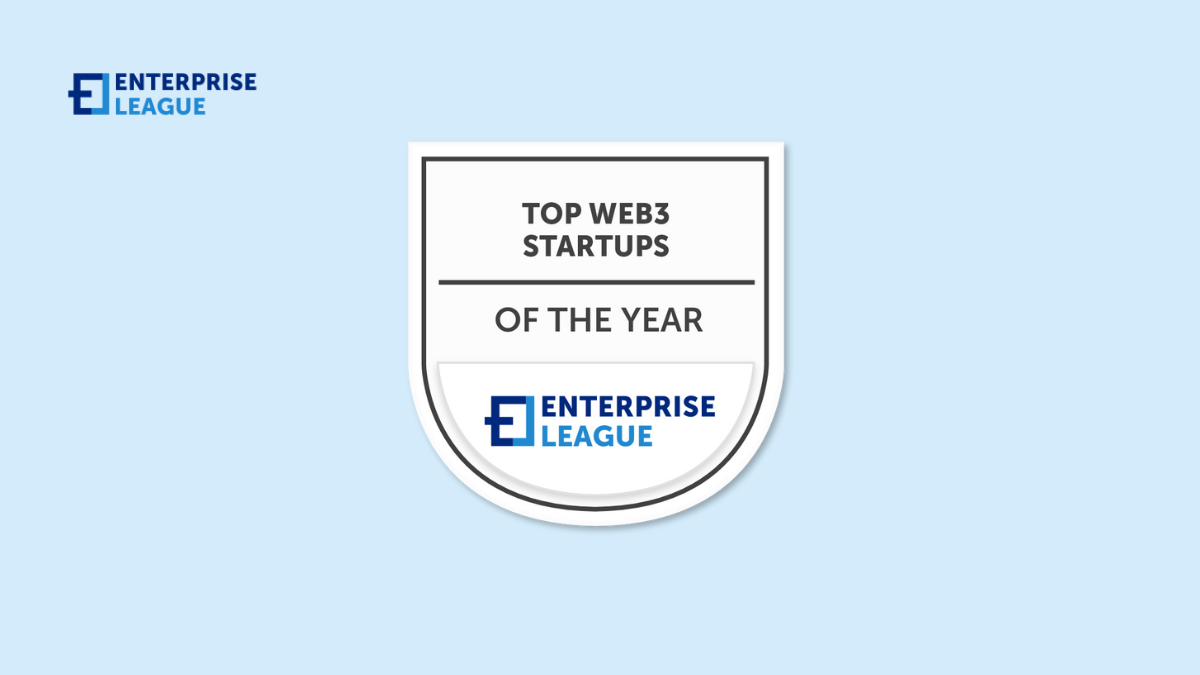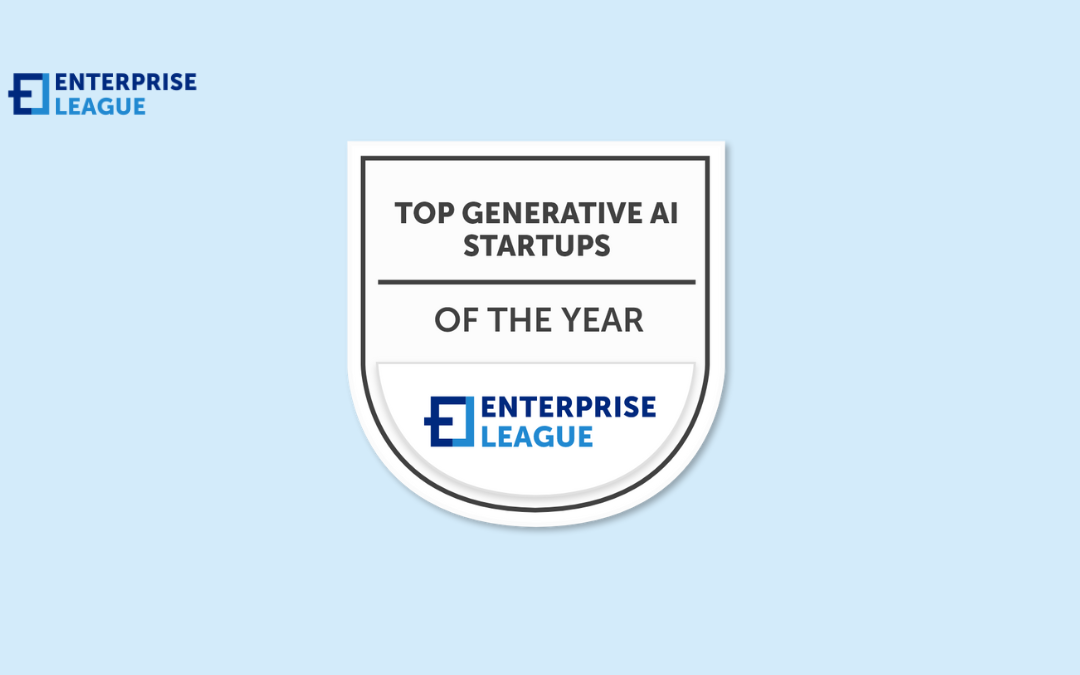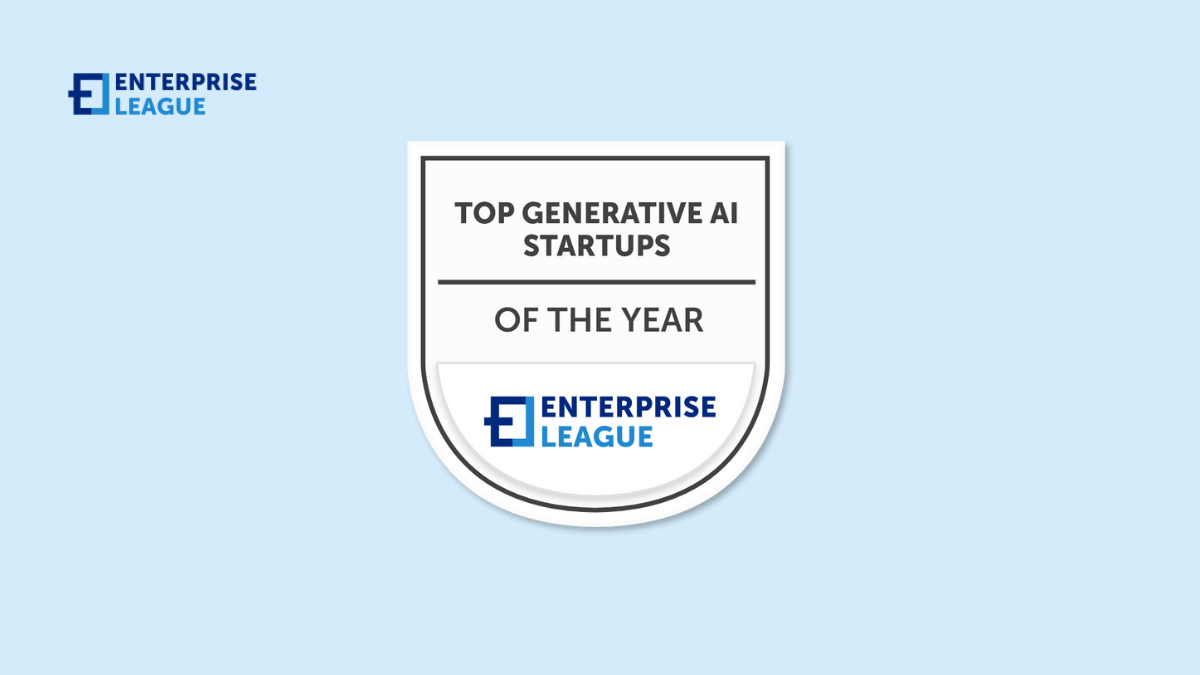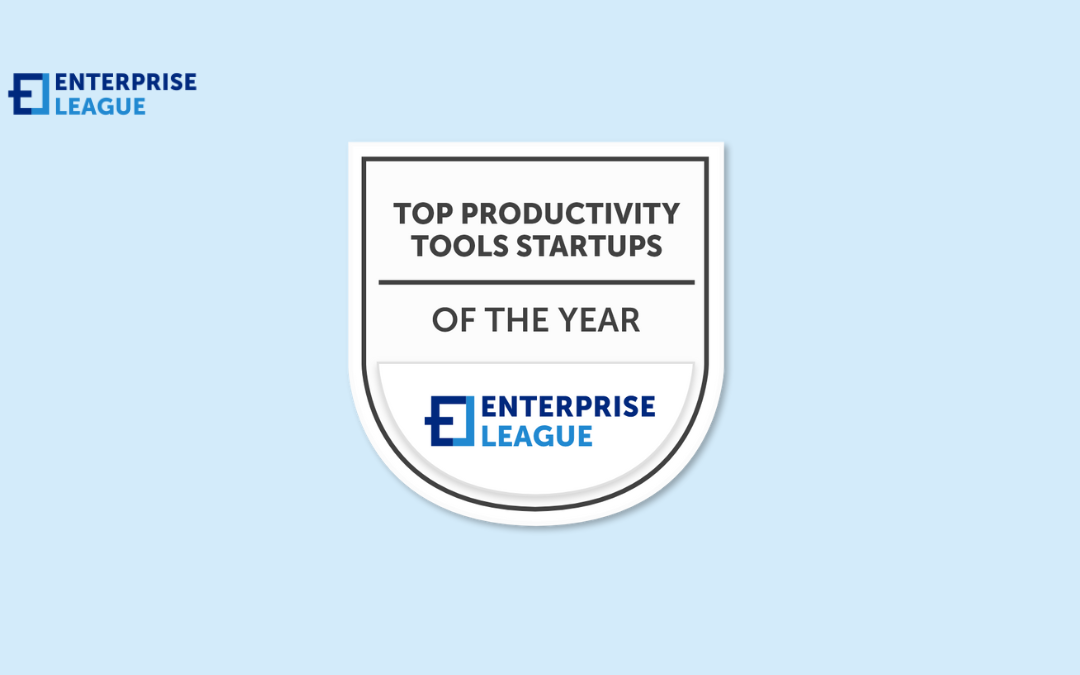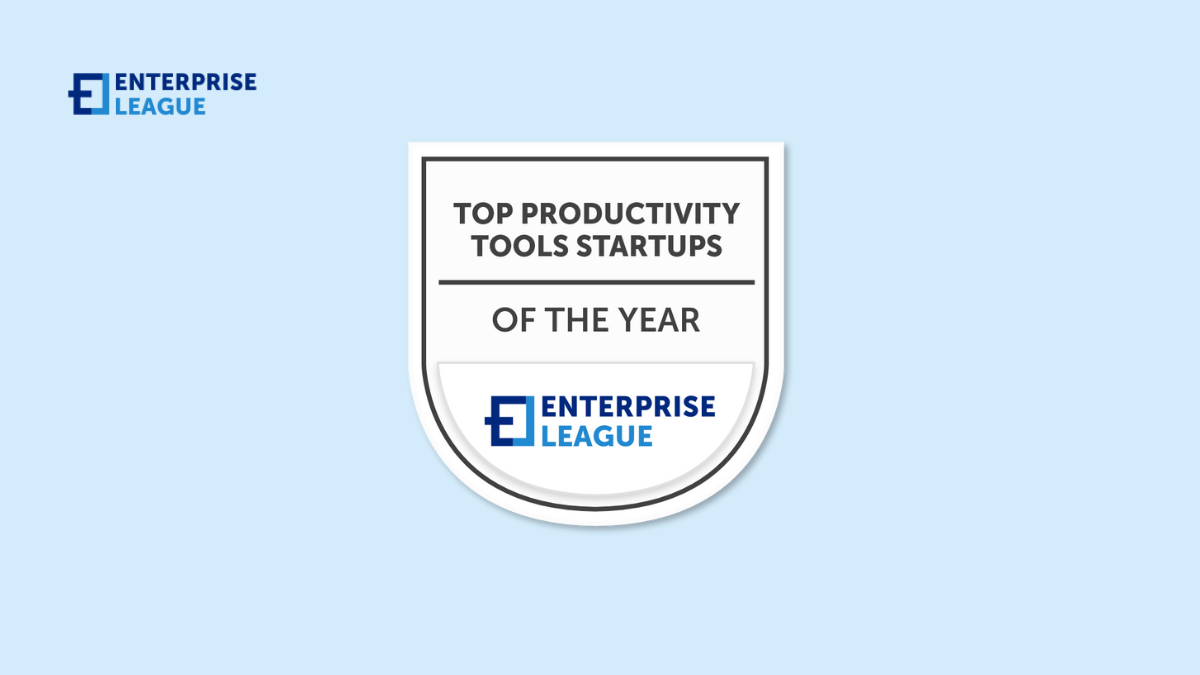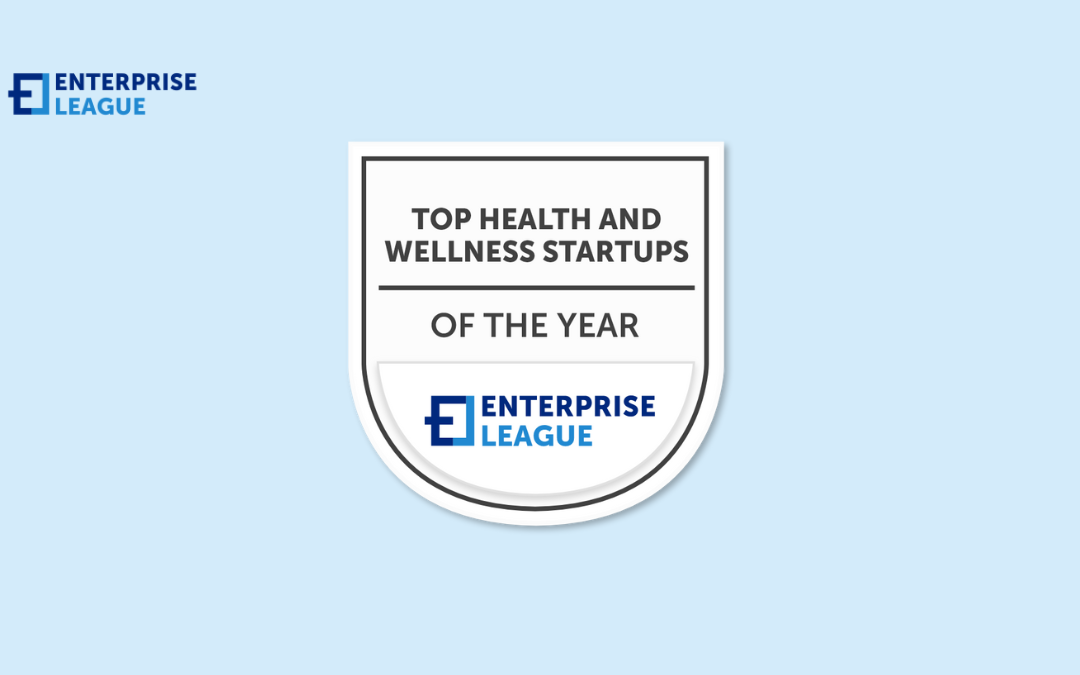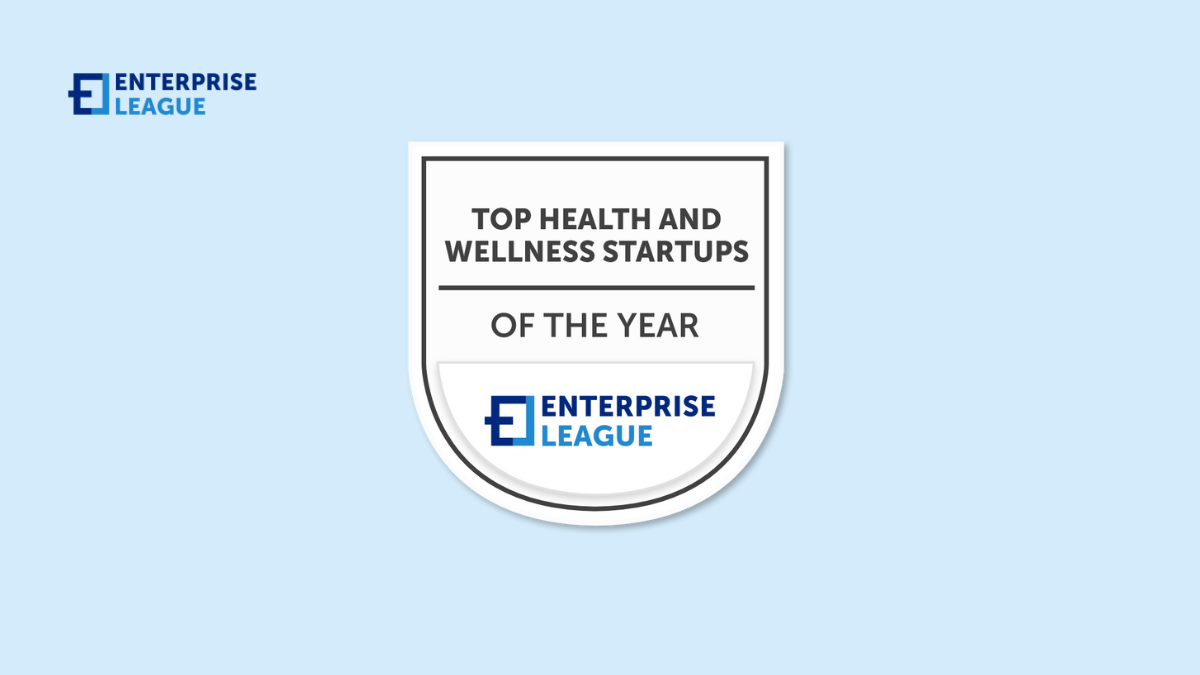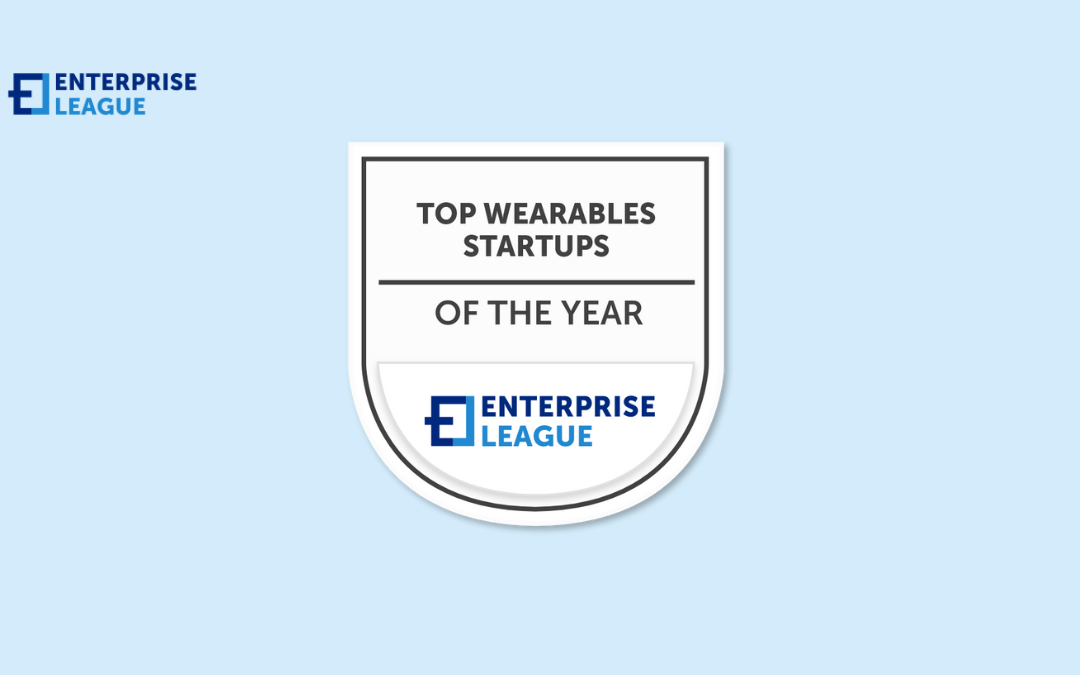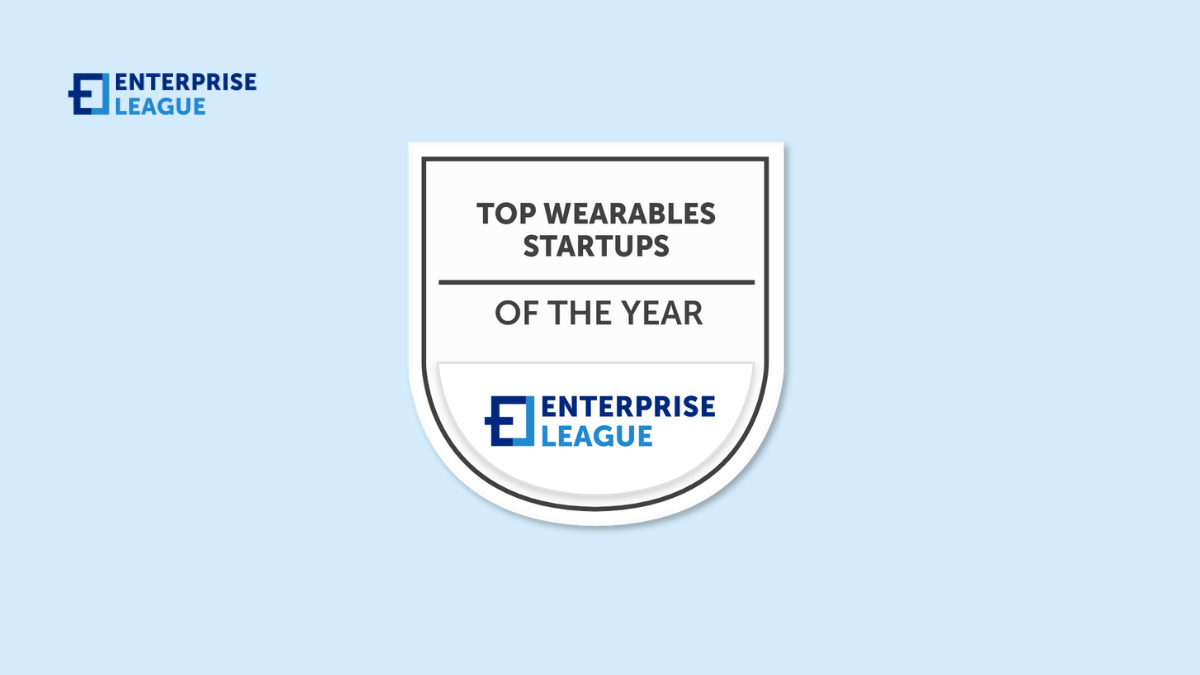This article explains in detail what a SWOT analysis is, what steps to follow in creating a SWOT analysis paper, and in which areas it can be applied.
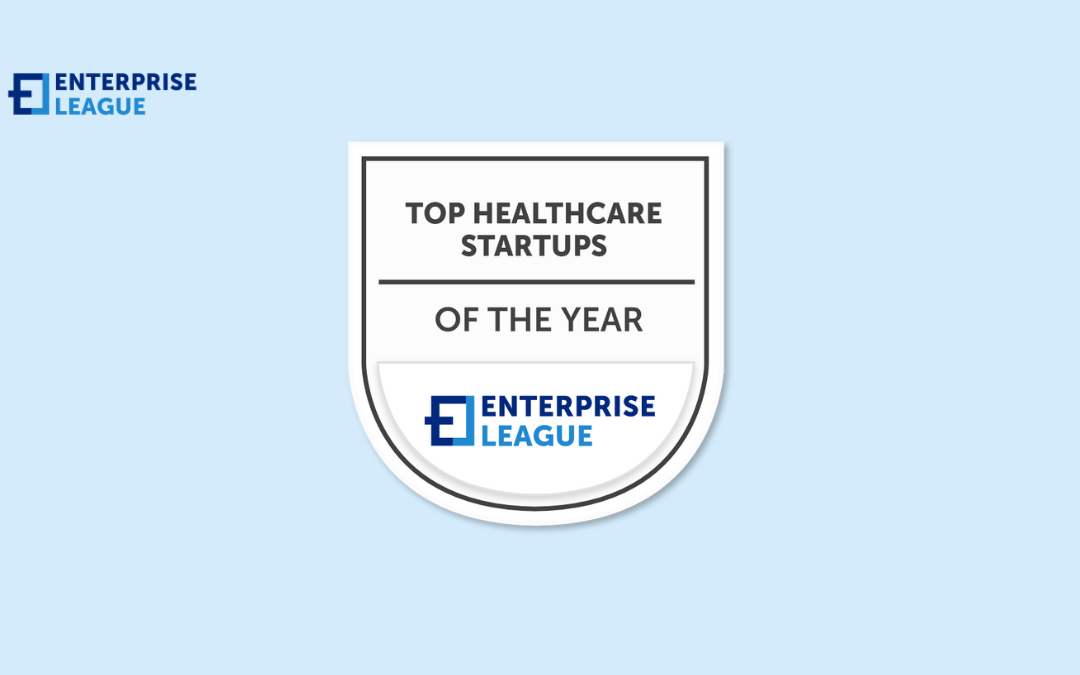
23 innovative healthcare startups to know in 2025
The healthcare industry is experiencing a massive innovation boom as healthcare startups are looking for solutions about how to use modern tech to improve the healthcare ecosystem. As the healthcare industry is estimated to reach whooping $974.5 billion by 2027, the number of healthcare startups keeps growing.
What are healthcare startups?
The core focus of most healthcare startups is using technology and innovation to improve quality, efficiency and access to care and health information.
PatientPoint
Founded in 1987, PatientPoint is a health technology company that makes communication better between patients and their doctors or hospitals. They offer services and products that medical offices and healthcare organizations use to connect with patients. For example, PatientPoint has display screens placed in waiting rooms that educate patients about health issues, their conditions, treatments, and preventing illness. This improves understanding so patients follow care plans and doctor advice more closely.
Another PatientPoint product lets practices send customized emails, text messages, and electronic newsletters to communicate with patients in between visits. Reminder messages improve attendance at important appointments or screenings. Educational content helps answer common questions so patients get the most out of their care.
DoseSpot
DoseSpot streamlines how clinicians electronically prescribe patient medications via certified e-prescribing software. By enabling providers to swiftly write and transmit prescriptions digitally, DoseSpot saves critical time in getting vital medications delivered to patients from their pharmacy. The platform’s quick turnaround can make lifesaving differences particularly for patients in rural areas or with limited access to care.
Having earned Surescripts certification plus EPCS clearance for controlled substances, DoseSpot meets stringent healthcare regulatory requirements around prescribing data protections and integrations. With advanced prescribing automation fit for telehealth adoption at scale, DoseSpot unlocks speed, accuracy, and compliance benefits for modern medical practices striving to make every minute count when patient health is on the line.
Brightline
Founded in 2019, Brightline developed engaging online programs grounded in evidence-based interventions. Families gain access to personalized lesson plans, live clinician sessions, and progress tracking. Content spans social-emotional learning, mental health support, and relationship skill building.
By making development resources more engaging and convenient, Brightline nurtures healthy growth trajectories. Features like text-based chatting remove common barriers to care. Brightline empowers the next generation with strength and understanding exactly when they need it most.
SonderMind
Launched in 2019, SonderMind uses a proprietary algorithm to assess individuals’ needs, conditions, preferences, and insurance to identify the best therapist fit from their national network. They focus on care quality and continuity.
By combining personalized therapist matching with their engaged online platform, SonderMind aims to help more people access meaningful treatment easily and stick with it. Their model blends technology’s scale with human relationships.
Komodo Health
Founded in 2014, Komodo Health saw an opportunity to transform how healthcare data trapped in silos across the industry could inform critical innovation and care insights once harmonized into an integrated data asset. Their platform unlocks this potential.
Biopharma leaders including Pfizer, McKesson, and Roche now rely on Komodo Health for unprecedented visibility into patient journeys that fuels smarter commercialization, marketing, and R&D. Their partners achieve breakthroughs once elusive without Komodo’s data-driven clarity.
Clipboard Health
Founded in 2015, Clipboard Health modernizes antiquated analog processes still prevalent in temporary healthcare staffing. Their real-time technology and vast workforce pool help providers securely fill gaps that impact patient care quality.
With over 50,000 active clinicians and 175,000 completed shifts, Clipboard Health is demonstrating technology’s power to efficiently connect healthcare employers and professionals seeking flexibility. Their solution upgrades a critical talent niche.
Headspace
Originally founded in 2010 by a former Buddhist monk, Headspace took off by presenting meditation through an accessible, secular lens. Their scientifically validated techniques reach over 100 million users seeking mindfulness’ benefits.
Backed by celebrities like Harry Styles and Emma Watson, Headspace demonstrates mainstream embrace of meditation as self-care and a productivity tool. Their engaging platform continues innovating new pathways to foster peace of mind.
Paige.Ai
Founded by pioneers in medical AI, Paige brings rigorous clinical development to deliver advanced decision support tailored for physicians’ needs and diagnostic processes. Their partnerships with pathologists, hospitals and pharma demonstrate faith in AI’s immense potential to transform outcomes.
Paige’s FDA-cleared products have proven AI can expand pathologists’ capabilities and capacities, not replace them. As AI capabilities grow, Paige will continue ethically advancing augmented intelligence that saves lives. Their leadership steers progress responsibly.
Tomorrow Health
Founded in 2021, Tomorrow Health leverages logistics and care team coordination to upgrade convoluted pharmacy and equipment sourcing processes for at-home patients. Their solution provides needed support amidst healthcare delivery transformation.
Backed by leading health-tech investors, Tomorrow Health is forging smarter paths to ensure at-home patients have reliable access to essential care supplies direct to their door. Their leadership steers the home care model towards the thoughtfulness patients deserve.
ConnectRN
Founded in 2019 by veteran nurse executives, ConnectRN modernizes inefficient pen-and-paper nurse hiring processes still used by many care facilities. Their platform delivers the visibility, speed, and experience today’s healthcare labor market demands.
In just 2 years, leading systems including HCA Healthcare and CommonSpirit Health have adopted ConnectRN to access new talent pools and reduce agency fees. As workforce dynamics shift, ConnectRN provides scalable hiring solutions.
DispatchHealth
Founded in 2013, DispatchHealth offers on-demand home visits as an alternative care option focused on convenient, high-quality treatment for patients. Their mobile teams handle a wide range of medical needs.
By providing trusted clinical care where people are, DispatchHealth aims to improve access and outcomes by reducing barriers like transportation, wait times, and cost. Their innovative model provides healthcare on demand.
Lyra
Founded in 2015, Lyra partners with companies to provide workers and dependents with therapy, coaching, digital lessons, and medication support for mental wellness. Their tools integrate with existing benefits systems.
By making mental healthcare more accessible, Lyra aims to overcome barriers like cost and stigma that prevent people from getting essential care. This promises healthier, more productive workforces.
FOLX
Launched in 2020, FOLX offers virtual medical care and prescription delivery focused on the unique needs of LGBTQIA+ patients. Their clinical team specializes in gender-affirming care like HRT hormone therapy.
Key offerings include primary care, sexual health services, mental health support, and preferred pricing on medications. This provides a welcoming, judgment-free healthcare experience for LGBTQIA+ people.
Carbon Health
Founded in 2015, Carbon Health offers omnichannel care delivery blending virtual visits with a national network of primary care clinics. Their model aims to provide convenient, affordable care on-demand.
Key innovations include seamless apps to manage visits, proprietary clinical protocols to standardize care, and logistics automation to optimize clinic operations. This smart infrastructure expands access.
Parachute Health
Founded in 2018,this NYC-based startup streamlined the process for getting essential medical supplies to patients.Their site lets you easily order stuff like hospital beds, oxygen tanks, and wheelchairs.
Parachute Health expertly manages their supply chain and delivery operations to ensure your order arrives when you expect it. No more stress trying to get the medical equipment you genuinely need.
Medely
Founded in 2019, Medely connects healthcare professionals looking for work-life balance with available nursing, home health, hospice, and hospital shifts using their mobile app. Employers can request staff for open assignments in real time.
By enabling access to immediate shift work for both healthcare employers and professionals, Medely aims to create greater staffing agility while accommodating employee flexibility and full utilization across the healthcare system.
Akasa
Founded in 2021, Akasa trains machine learning models on medical coding languages, billing systems, and insurance claims processes to handle crucial revenue cycle tasks currently requiring extensive human labor. This aims to boost efficiency and reduce denial rates.
By intelligently augmenting busy revenue cycle teams, Akasa aims to improve financial outcomes for healthcare providers while lowering operational costs. Their technology optimizes essential back-office functions plagued by complexity and fragmentation.
Found
Launched in 2021, Found fulfills an unmet need for physician-directed medical weight management accessible virtually. Their model shifts dieting from reactive quick fixes to consistent lifestyle adaptations under clinical experts’ care.
Founders’ prior weight loss discoveries at companies like GRAIL and Clover Health inform their respectful, holistic approach. As obesity continues climbing, Found provides the proven, personalized medical solution society needs at scale.
Capsule
Founded in 2016, Capsule leverages technology to eliminate difficulties consumers face obtaining prescribed medications through traditional pharmacies like hassle, delays and confusion. Their approach upgrades infrastructure and service.
Now serving major cities across the United States, Capsule’s rapid growth validates demand for pharmacy experiences catered to modern consumer expectations. Their solution points to massive untapped potential in prescription delivery and management.
Bicycle Therapeutics
Founded in 2009 by pioneering scientists from the University of Cambridge, the MRC Laboratory of Molecular Biology, and the Australian National University, Bicycle brings together decades of collective expertise in synthetic biology, structural biology and chemistry. Their platform promises to expand therapeutic possibilities.
Now with a growing pipeline of clinical and preclinical candidates, partnerships with biopharma leaders, and rapidly progressing clinical programs, Bicycle leads the development of next-generation bicyclic peptide drugs offering hope to patients lacking options.
Myovant Sciences
Founded in 2016, Myovant brings together leading drug development capabilities and passion for elevating patient experiences in historically overlooked disease areas. Their success represents the bold ambition and perseverance required to surmount entrenched challenges facing women’s and men’s health.
Now a fully integrated biopharmaceutical company, Myovant continues driving change through a commitment to shared purpose with those they serve. Their achievement raises the bar of what’s possible for multinational biopharma rooted in community.
Flo Health
Launched in 2015, Flo provides personalized period, fertility, pregnancy, and contraception tracking. Users log symptoms and receive science-based insights, reminders, and coaching.
Flo aims to optimize health outcomes through education, predictions based on data patterns, and customized tips aligned with each woman’s needs. Their personalized approach promotes self-care and medical understanding.
F2G
Founded in 2012, F2G brings together exceptional expertise from the University of Manchester’s Antifungal Drug Discovery Centre and distinguished drug development veterans. Their biological insights address critical unmet needs in fungal disease.
Now with clinical stage assets and funding from leading life science investors, F2G is progressing broadly effective antifungal therapies to overcome microbial drug resistance. Their science-driven advancement enlightens fungal disease R&D.
Conclusion
With the healthcare market projected to reach nearly $1 trillion by 2027, the number of healthcare startups is rapidly growing. These healthcare startups are tapping into advancements in digital health, telemedicine, wearables, data analytics, and more to develop solutions that aim to increase accessibility, affordability, efficiency, and quality of care.
Discover more creative startups that might interest you:
- The best DeFi startups working on alternatives for the standard financal services.
- Mind-blowing retail solutions by the world’s most ambitious retail startups.
- Innovative legal startups with amazing legal solutions.
- Successful beauty startups with creative beauty products.
- Blooming drone startups that are revolutionizing almost every industry,
Related Articles
How to write a SWOT analysis paper (2025)
Managing remote teams: Best practices and tips
Managing remote teams can be a daunting task especially if you’ve worked in an office until recently. However, with these tips and practices, it will become routine soon.
How to start a wholesale business from scratch (2025)
In this article we’re getting to the bottom of how to start a wholesale business even if you have zero experience. Read along and start today!
12 perks of unplugging from social media for entrepreneurs
There are a lot of benefits of unplugging from social media for entrepreneurs. It will not only improve your mental health but can significantly bring value to your business.
26 best apps for entrepreneurs who strive for success (2025)
Level up your business with these 26 apps for entrepreneurs. Increase productivity, improve workflow, mental health, and more with these entrepreneurship apps.

